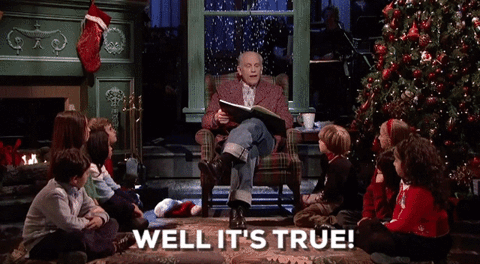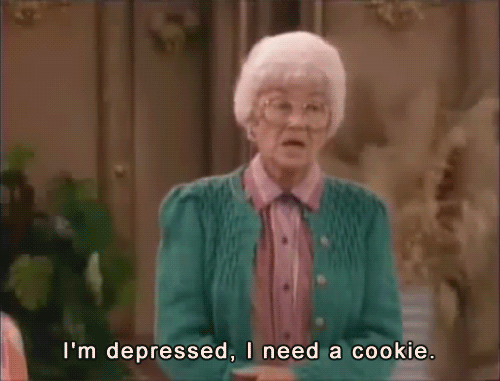Victoria L. Jackson is in the Los Angeles Times, dissecting the problematic relationship between race and college sports:
It may be difficult to view revenue-generating players as exploited. They are celebrated with grandiose pageants on ESPN and CBS … But for those who don’t go on to make millions as pros after graduation — and the vast majority of Division I football players don’t — the NCAA narrative simply doesn’t apply. This divide correlates with race. Nonrevenue athletes are mostly white, while revenue-sport athletes are disproportionately black … According to a study by Dr. Shaun R. Harper, black men represent 2.8% of undergraduate students at UNC, but 62% of the school’s basketball and football players. These athletes graduate at a rate of 45%, compared with 72% for all athletes, 74% for black males, and 90% for all students.
It’s hard to defend this arrangement, but the unpleasant fact is that many colleges depend mightily on the revenue generated by sports for sustenance. The typical defense of the practice starts with some paean to the dignity and American-ness of the scholar athlete, but that argument’s flimsiness is made obvious by the statistics above.
To take this discussion to a slightly more radical place: why do we insist on coupling higher education and sports in this country? While plenty of other countries encourage young people to engage in physical activity as a part of a robust program of personal development, the United States is unique in treating the sports programs of academic institutions – not just colleges, but by extension, high schools – as a feeder program for big dollar professional leagues. It’s ludicrous, to be honest, and is just another example of how we disrespect the actual project of education in this country.

Derrell Bradford is in The 74, pushing back on the idea that charter schools are to blame for segregation:
… the attack on charters and their perceived role in segregation reveals a deep and troubling double standard. It’s powered by a desire to destroy black academic excellence — along with those who seek it out and those who seek to provide it — in the name of some other set of democratic fundamentals that, at this point, don’t exist even on paper, let alone in reality. This line of attack illuminates the preferential treatment non-black minorities and, of course, white Americans receive in the realm of public education as a framework for schooling.
Bradford is right to point out that charter critics are fighting a straw man, a reality that often gets lost in the debate. The data show that the students who attend predominantly non-white charters are coming from just as segregated – if not EVEN MORE segregated – traditional public schools. It’s not as if some hidden realm exists where there are integrated traditional public schools.
Moreover, as I’ve come to learn from listening to my friends and colleagues who are not white, as much as we would like to believe otherwise, integration and excellence are two separate goals. Some people will argue that we can’t have one without the other. I find that argument compelling, but we cannot artificially limit the potential of our most vulnerable children while elite policymakers bicker over how to fix our schools for another generation.
Elsewhere in education reporting, Jeneen Interlandi of The New York Times Magazine takes a deep look at pre-school teaching:
… the benefits of a preschool education tend to manifest unevenly. Developmental gains made by the start of kindergarten can be enough to close racial achievement gaps, but those gains often evaporate by third or fourth grade, a phenomenon that education researchers call the fade-out effect … Amid that uncertainty, though, at least two things seem clear: Children in low-income and minority neighborhoods stand to gain (or lose) the most from whatever preschool system we ultimately establish. And the one-on-one exchanges between students and teachers — what developmental psychologists call “process quality” — may well be the key to success or failure.
There’s a lot to like about this article, especially its careful treatment of the history of how educators and social scientists have understood the cognitive capacity of young children.
That said, this notion of the “fade-out effect” is euphemistic, in the worst possible way. The uncomfortable truth is that we put black, brown, and poor children into inferior schools with inadequate teaching. The “fade-out” is not the result of some ephemeral process linked to their identity; it is a systematic under-resourcing and neglect of the schools that many of our children attend. Even the best early childhood program in the world will never have an effect on that broader problem.

Finally this week, Stacey Childress, writing at Forbes, poses some big questions about education innovation, including this:
An increased focus on social-emotional learning opened an innovation window over the last few years. Has it closed already? A broad coalition of educators and policymakers now agree it’s too narrow to rely on test scores as the sole indicator of student success. A strong academic foundation is important, but students need additional mindsets, habits, and skills to be successful in the long run. The new federal education law (ESSA) allows for an expanded set of indicators for school performance, including social-emotional learning (SEL).
I might add a question to her list: how do we do a better job of ensuring that the benefits of technological advancement accrue to children and families in a manner that is equitable? Too often, privileged children are the beneficiaries of technological advances, while children living with fewer resources do not have access to innovation … or worse, the “innovations” visited upon children living in poverty are of the Orwellian sort, like the scam-masquerading-as-solution, online credit recoveryprograms.
On the tech enthusiasm spectrum I’m nowhere near the luddite side of the scale, but it’s dangerous to assume that technological progress will be an unmitigated boon to all children.
Have a great weekend!
The “Reading List” is a thrice-weekly roundup of education stories, from education expert and policy activist, Justin C. Cohen. You can read more of them at justinccohen,com.










